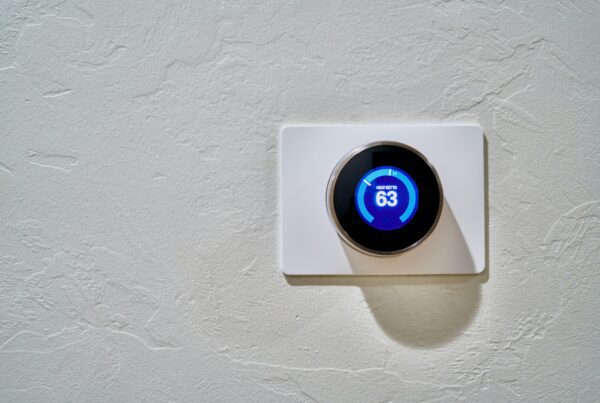According to Energy Star, it’s wise to replace a furnace that is more than 15 years old with an Energy Star-certified heater that’s 15% more efficient than a conventional one. This can improve the performance of your heating system and reduce the frequency of breakdowns. Here are three things to consider when deciding if you should repair or replace your heater in Goodwater, AL.
1. The Age of the Heater
The average lifespan of a gas furnace is 15 to 20 years, while an electric furnace is 15 to 30 years. A furnace from 15 years ago lacks smart features such as variable-speed motors that make modern furnaces efficient. An older system might also break down, leaving your home cold on a winter night.
If your system is old but still working, you can keep it for a little longer. If the system is old and keeps breaking down, you should consider replacing it. Newer systems only need routine maintenance and occasional repairs.
2. Energy Bills and Repair Costs
Older systems are less efficient in distributing heat throughout a home, and this can cause a spike in your monthly energy bills. If your yearly bill is more than half the cost of a new heater, you should consider a replacement instead of a repair. A repair might involve replacing most of the parts of a heater without making it more efficient.
3. Presence of Noises and Soot
Knowing about different noises a furnace produces during normal operation helps a professional determine the problem with your furnace. Common noises include:
- Popping when the temperature fluctuates
- Rattling due to loose ducts
- Screeching due to a damaged furnace blower motor
- Clicking from a damaged flame sensor or igniter
- Booming when there is a delay in the ignition
- Humming during normal operation, which can be loud for old systems
Soot is an indication that your heater produces too much carbon dioxide. Excess soot and dirt around the furnace register is an indication that you need to replace the heater. Call Advanced Heating & Air Conditioning, LLC for routine maintenance and an assessment of your heating system.




